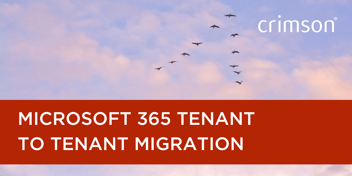Predicting rent arrears in social housing using AI
Social housing tenants are set to face a rent increase in April 2022, which will cost an average of £200 a year per household. This price increase is accompanied by a soar in energy and food bills as the cost of living rises.
The Joseph Rowntree Foundation released that 46 per cent of social housing residents are living in poverty – equating to just under five million people across the UK. These inflations will hit the most vulnerable the hardest, leading to further financial difficulty and debt. And as many social housing residents receive Housing Benefit or Universal Credit, many tenants were already living on the breadline before the price hikes.
More housing tenants will find themselves in rent arrears during 2022 as the impacts of the coronavirus pandemic catch up with the economy. But how can housing associations predict which tenants will go into arrears, allowing them to offer support to tenants before they find themselves in financial difficulty?
Rent arrear prediction isn’t just beneficial for tenants, it allows housing providers to prioritise tenant support, keep money coming into the organisation, and learn more about tenant’s behaviour and their unique circumstances. Patterns in behaviour can be monitored, to prioritise support for those continuously in financial trouble, rather than chasing tenants who enter arrears on one-off occasions.
What’s the solution?
With numerous integration opportunities, Dynamics 365 creates a rich, joined-up view of tenant data which can be used to predict behaviour. Dynamics 365 provides the core data housing associations need, including rent and arrears management. This data is then leveraged to predict future patterns and see previously unforeseen patterns in tenant behaviour. The CRM system also has intuitive segmentation and filtering capabilities, helping social housing providers to analyse top level arrears management, and rent data.
Pivigo, an AI service provider working in the housing industry, uses an AI powered solutions for rent and arrears management. Using predictive technology, Pivigo gives income teams a smart and intelligent caseload, with predictive algorithms helping to prioritise activity and achieve the best possible impact on arrears. Pivigo AI also predicts future arrears cases, up to six months before they happen, thereby also providing a preventative strategy to empower social housing to provide more sustainable tenancies than ever before.
Using machine learning, Pivigo can accurately predict whether a tenancy is currently in long-term arrears or not, allowing the assignment of an arrears risk score to each tenancy. This creates a data driven approach within housing associations, resulting in a considerable reduction in the risk of long-term arrears cases, providing support to both tenants and housing providers.
Read On

Microsoft 365 tenant to tenant migration
Microsoft Office 365 tenant to tenant migration is a complex, but common requirement that is often...-3.png?width=352&name=Hubspot%20Blog%20Banner%20(1)-3.png)
Improve tenant and staff visibility with contact data integration.
As of 2018, there were 1.6 million council provided homes in the UK, and approximately 60% of those...
